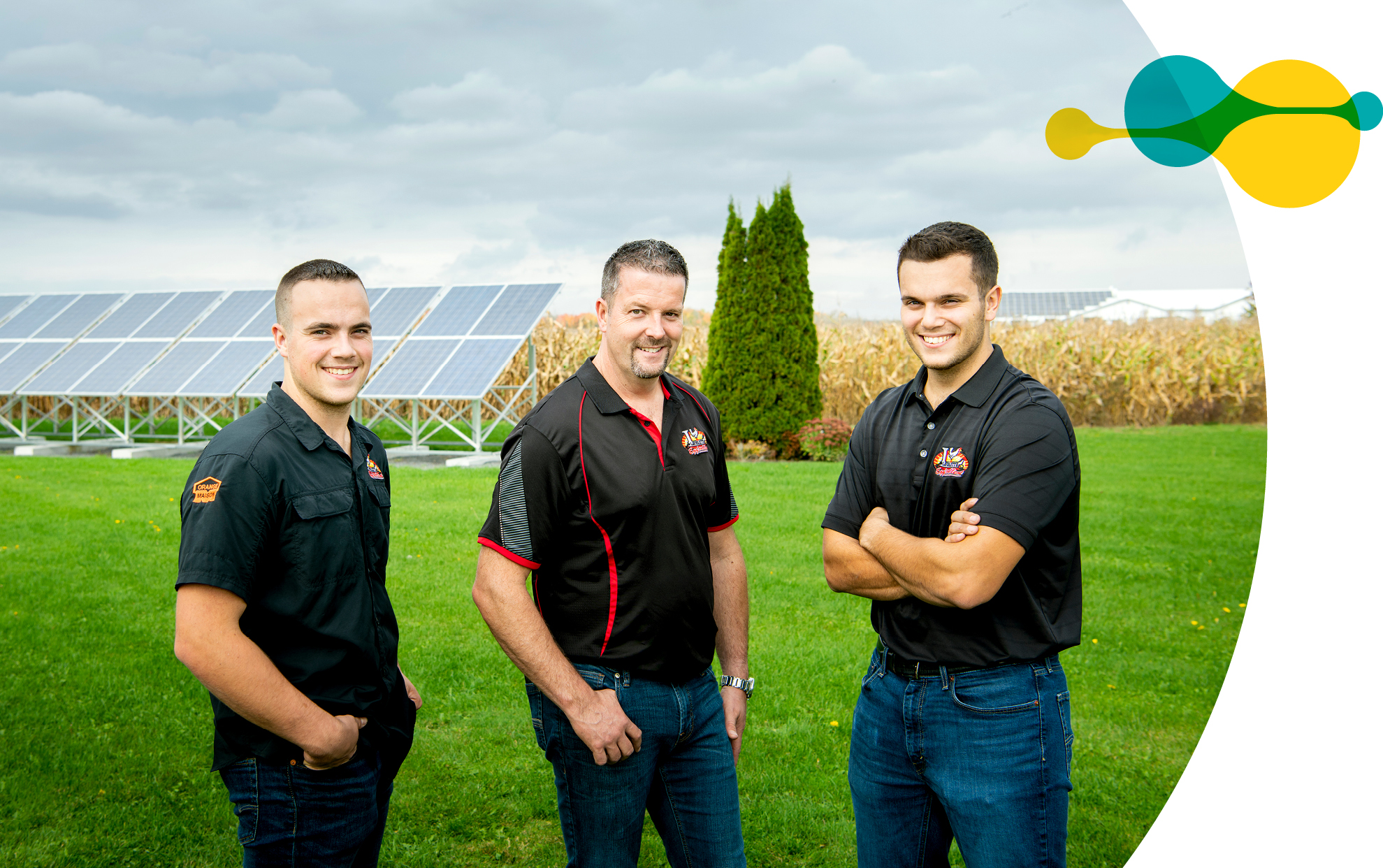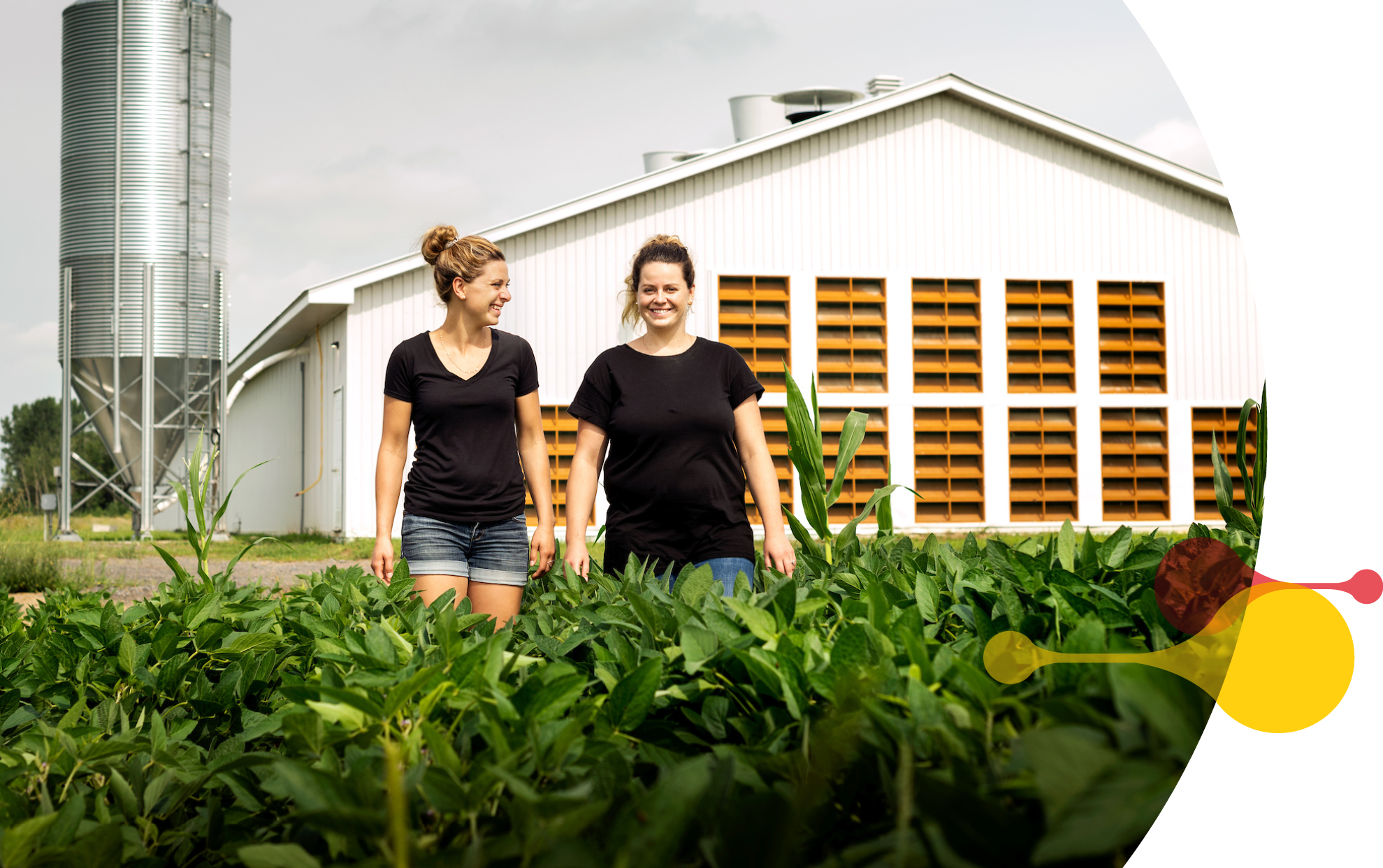
Four trends set to shape the future of egg farming
By Egg Farmers of CanadaEggs are a versatile, high-quality and nutritious source of protein that are produced following world-class standards. They also have a low environmental impact, thanks to the leadership of Canadian egg farmers in embracing sustainable agriculture. Additionally, we have invested years in developing initiatives and programs that strengthen our industry, fostering trust with Canadians and with our industry partners.
For these reasons we see great opportunity for Canada’s egg sector. Not just in the growth of egg production and consumption, but also in identifying new ways to use eggs, new refinements to our practices and new efficiencies. The combination of these efforts will provide us with a strong platform to navigate and take advantage of the trends that lie ahead.
Here are some of the most influential trends that will shape the future of Canada’s egg sector in the coming years and how we are prepared to embrace them.

Adapting to climate change
The effects of climate change are expected to touch every industry, here in Canada and around the world. While this presents challenges in the agriculture sector, it also offers opportunity to adapt our approach to farming to increase resiliency and minimize disruptions to our food system. We can already see many examples of farmers across Canada embracing green energy sources and green technology to optimize the sustainability of their operations.
When it comes to how we produce eggs, Canadian farmers already have a great story to tell. In just 50 years, we have reduced the environmental impact of egg production by 72% in terms of greenhouse gas emissions, 69% in terms of water use, 81% in land use and 41% in energy. We continue to invest in tools and research to further improve the sustainability of egg production, and to prepare for what’s ahead. Our new National Environmental Sustainability Tool (NEST), for instance, will help our sector do more with less. This online platform enables Canadian egg farmers to measure, track and improve the environmental performance of their farms with the power of data.

Strengthening our partnerships
With our strong network of supporters and partners, we are prepared to take on future challenges and identify solutions within the Canadian egg sector. From working closely with our provincial egg boards and our supply chain, to collaborating with researchers and global networks like the World Egg Organisation, these partnerships ensure a sound foundation for industry growth.
Consider the COVID-19 pandemic for example: an unprecedented level of collaboration across Egg Farmers of Canada, egg boards, retailers, graders and processors allowed us to roll out a number of initiatives to adapt to changing market conditions. We also launched the inaugural Foodservice Trend Report, providing resources to restauranteurs to kick start their culinary comeback following mandated closures.
Our continued initiatives to build and nurture awareness of our Egg Quality Assurance® (EQA®) certification program further elevates this work and the sustained trust between Canadians, Canadian farmers and Canadian-made eggs. Now with over 59 licensees across the country, the easy-to-identify EQA® mark demonstrates to retailers, foodservice and consumers alike that the eggs were produced in Canada following rigorous food safety and animal welfare standards.

Supporting Canadian food sovereignty
Disruptions to our economy from the pandemic prompted all governments and sectors to think about supply chains in a new way. It put a spotlight on supply chain vulnerabilities, underscoring the need for a strong, domestic food industry to ensure food security.
Thankfully, Canada’s egg sector was prepared to adapt to the challenges presented by the pandemic thanks to the system of supply management. The foundational strength and stability of this system has, and will continue to, carry our industry through challenges and evolving trends in the market. Our sustainable management system helps keep prices stable, keeps a reliable supply of eggs flowing to grocery stores, and keeps local farmers and their workers employed in changing economic times.
For these reasons, eggs will continue to be a go-to source of high-quality protein for Canadians, no matter how economic circumstances shift in coming years.

Embracing AgTech efficiencies
Agriculture has transformed over the past 50 years with advancements in machinery and farm equipment expanding the scale, speed and precision of farming. Canadian egg farmers have leveraged these innovations in order to produce more eggs, more efficiently to meet growing demand and support the long-term sustainability of the sector.
Future technologies and improvements will be grounded in our well-established, forward-thinking research program which supports a variety of initiatives to foster innovation within our industry. This work will continue to create opportunities for egg farmers to make use of artificial intelligence, machine learning and data science to improve every day work on their farms.
Decades of commitment to continuous improvement have built a strong Canadian egg industry, ready to take on the future. As a sector, we will continue to be forward-thinking in our planning and decision-making, helping us prepare for what’s ahead and seize opportunities as they come. Throughout this, eggs will continue to be a nutritious food item that is easy to prepare and easily accessible to Canadians.